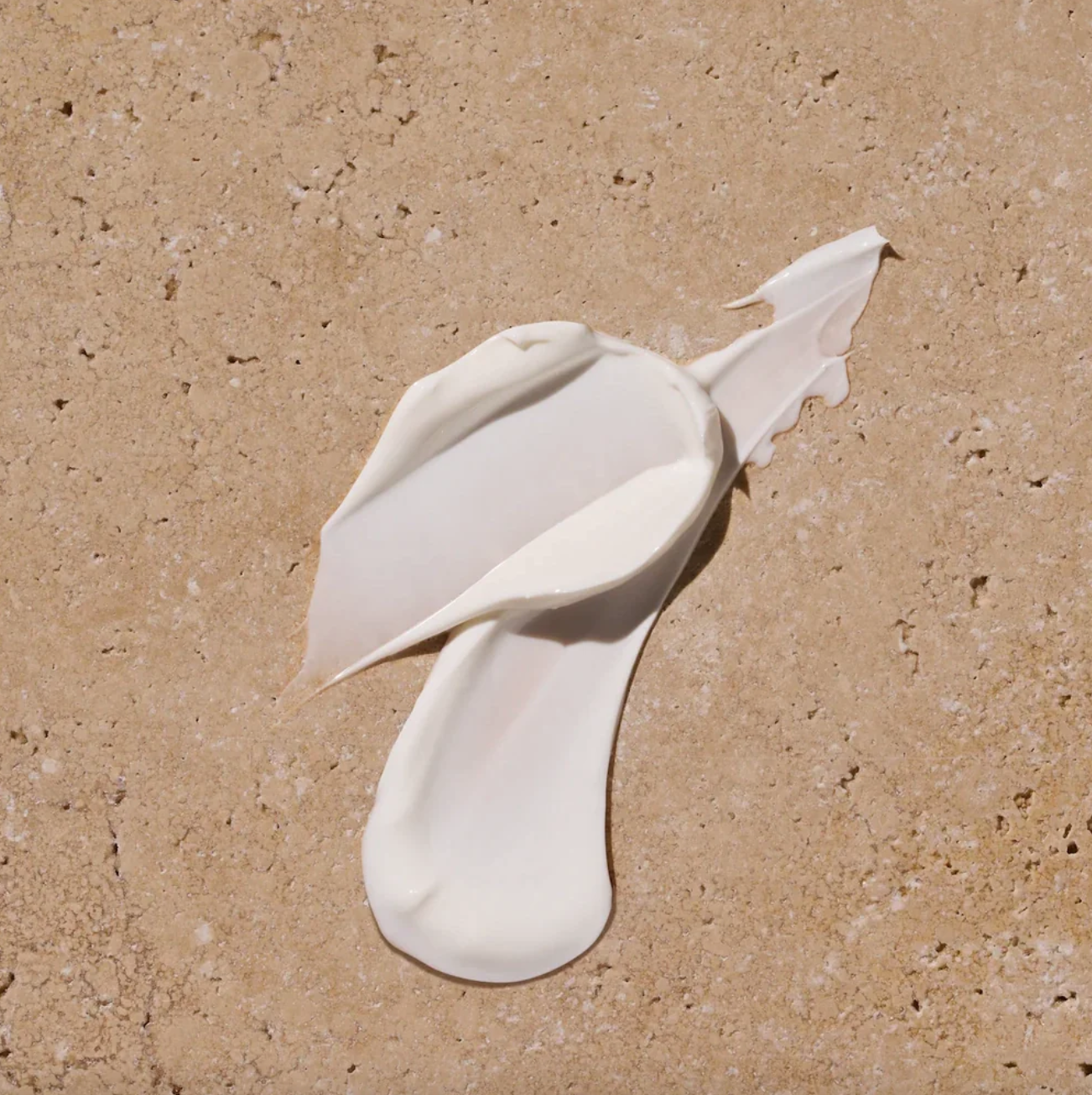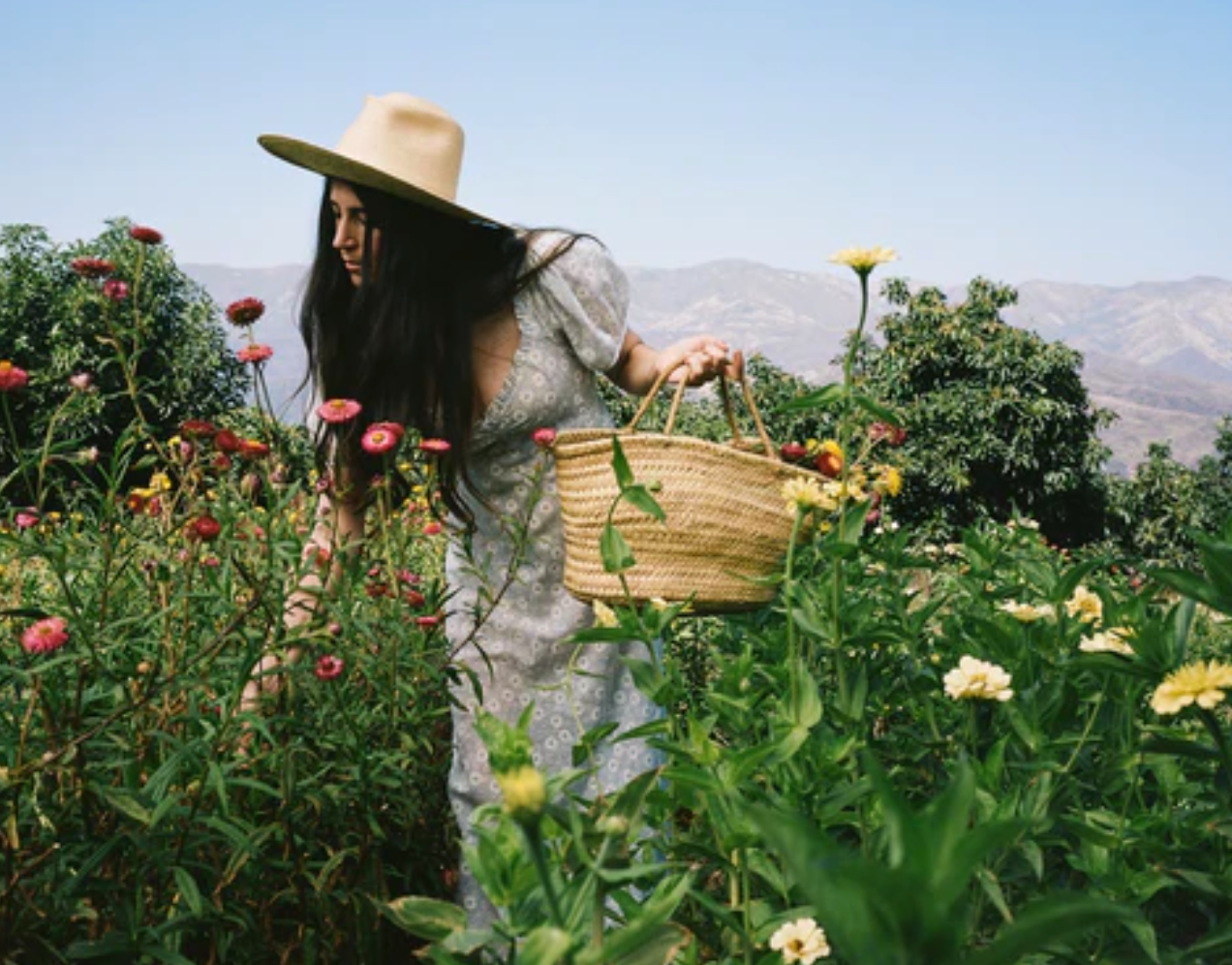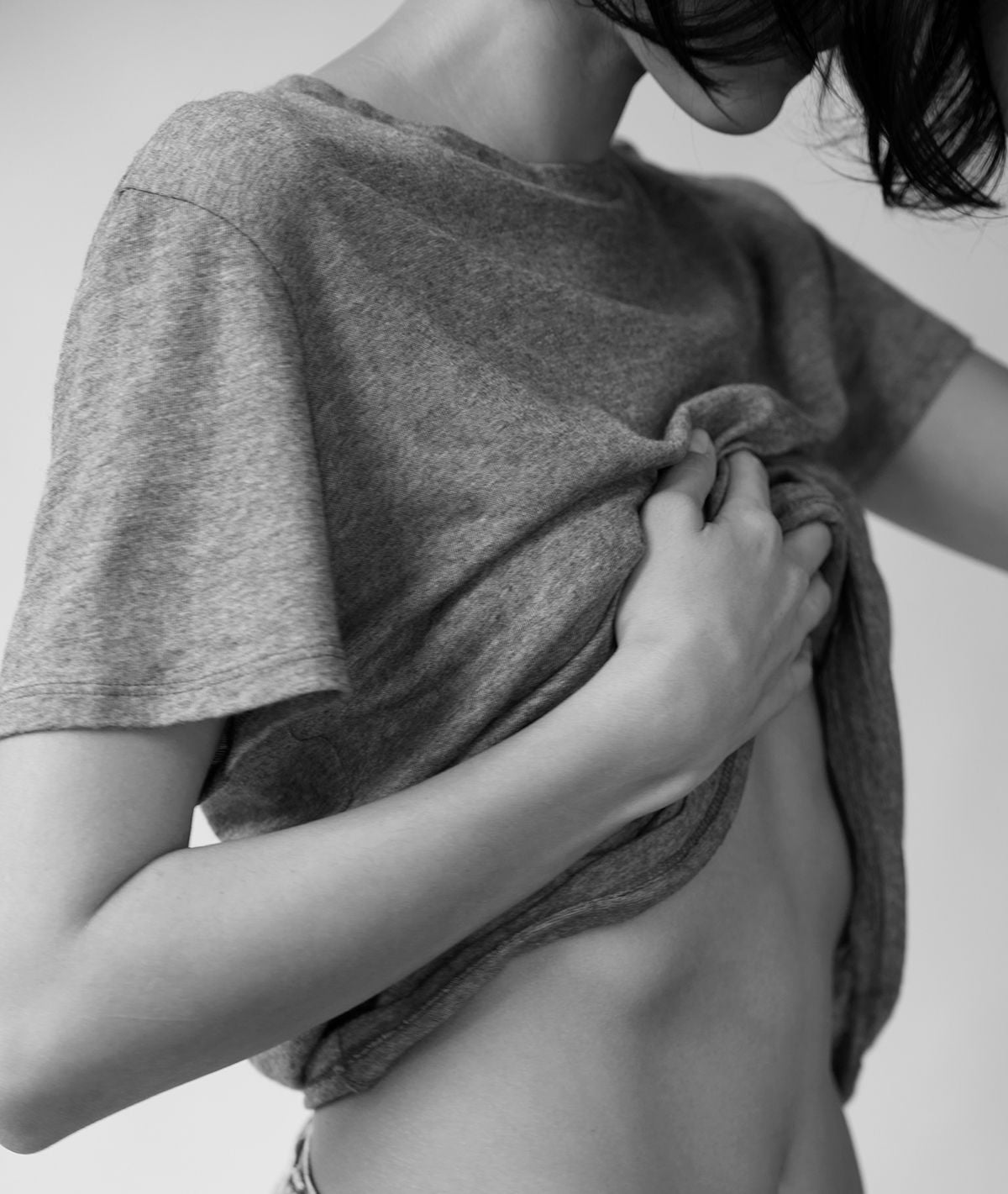The 8 Ball: Ze Yan of OMAD

Guided by Traditional Chinese Medicine, OMAD founder Ze Yan, believes that skincare is wellness and that mind, body, and spirit are all interconnected. With skincare being one of our main focuses in Apothecary at Covet + Lou, we asked Ze to share OMAD's perspective on what is means if our skin is showing signs of inflammation and how one can achieve balance and harmony, holistically, through a Traditional Chinese Medicine (TCM) lens. Read on for TCM basics and per Ze's suggestion, please check out ORA. In Ze's own words, "ORA is in my opinion the best and most professional in the field of TCM (in the US). Their registered TCM practitioners can have an in-depth and professional Q&A to better serve Covet + Lou's community."
Is there a single guiding principle in Traditional Chinese Medicine (TCM)? Or many?
There are many guiding principles in TCM, however, some of the principles I find very helpful are as follows:
1. Know your body type. In TCM each person has a unique body type, some have too much dampness, and others might have too much fire (inflammation). It’s very important to know the body type and live accordingly.
2. Harmony. In TCM there’s a very important concept of harmony, which is the value of living in harmony with nature, the rhythms of the seasons (eating according to seasonal food), and being fully aware of the body.
3. Moving of Qi: Qi is the life force that gives all living things vitality. Qi is similar to modern scientific energy and is said to travel through the body along meridians, which are like rivers or highways of Qi.
With your belief that skincare is wellness and that our body, mind, and spirit are all
interconnected, what are some general steps we can all take to work towards balance and harmony?
Eat a healthy balanced diet; incorporate herbs, botanicals, and spices into your diet; see a TCM practitioner for acupuncture regularly (It makes a huge difference). And spend more time in nature. Meditate. And incorporate simple, yet effective skincare rituals to your daily or weekly routine.
What are some of the most common herbs used in TCM? Maybe you can share the benefits of each herb as well.
There are two herbs (botanical) that I like to use. The first one is called Snow Mushrooms (which we formulated with in OMAD’s products) because I have eczema-prone skin, my skin tends to get very dry (especially during cold dry
NYC winder). Snow mushroom is considered a Yin tonic in Chinese medicine to help hydrate the body, strengthen immunity, reduce cough, relieve fatigue, and improve skin health. When applied on skin, it works like a natural hyaluronic acid that holds water and locks it inside of our skin.
The second is Albizia, or 合欢花 (“collective happiness flower”), which belongs to the ‘herbs that nourish the heart and calm the spirit’ category in traditional Chinese medicine where it is an integral herb for calming and emotional well-being. It works wonders for insomnia.
Can you tell us which OMAD formula is best for which skin symptom(s) and why?
The Miracle Balm is wonderful for eczema and dry sensitive skin. Because we hand-picked 8 TCM herbs that reduce inflammation. In this formula, we also mimic the composition of our skin’s natural sebum with natural cholesterol, ceramide, and fatty acid at a certain ratio. So our skin can immediately recognize it.
The Biocellulose Mask has a lot of high technology in it. It’s the first and by far the only bio-cellulose mask using fermented rice water as its base. We also added 3 ingredients (ECTOIN + SCHIZOPHYLLAN + BIOSACCHARIDE GUM-1) which we called the trilogy of bio-ferment hydration. (Which is also OMAD’s secret weapon for instant soothing and hydration). These 3 ingredients are all fermented by bacteria or fungi.

In TCM, what does it mean if your skin is reacting? Have breakouts, showing redness, eczema, bumps, etc.?
Inflammation, or in TCM it’s called having too much heat. Due to our modern day lifestyle (lack of rest and sleep, stress) and sometimes poor diet (too much sugar).
Can you expand more on diet in TCM?
Balance, everything in moderation, eat seasonal food. (The best way is to meet a TCM practitioner and know your body type). There are certain TCM herbs and tea you can take according to your body type to balance the yin and yang and harmonize the body.
How did the Miracle Balm come to get its name?
There was one chapter where they wrote about court ladies’ beautiful, flawless skin. Later known to the West as porcelain skin 瓷肌. From one of the oldest TCM textbooks written in 657AD and an imperial court document from 800AD (both are now collected by the Palace Museum). We found a formula called skin medicine 面药. TCM doctors in the imperial court mixed soothing fermented rice and oats, with anti-inflammatory TCM botanicals and herbal oil, to help noble women soothe, hydrate, and plump their skin. And reduce redness, dryness, and irritation from skin sensitivity and inflammation. Resulting in smooth, soft, glowy skin with a healthy radiance. And this timeless ritual is the inspiration for our new product, The Miracle
Balm.
Are you A.M. or P.M. sheet masking?
P.M. However, If I have an A.M. meeting or A.M. Zoom meeting, or have some skin issues, I do A.M.
Discover OMAD at Covet + Lou.



